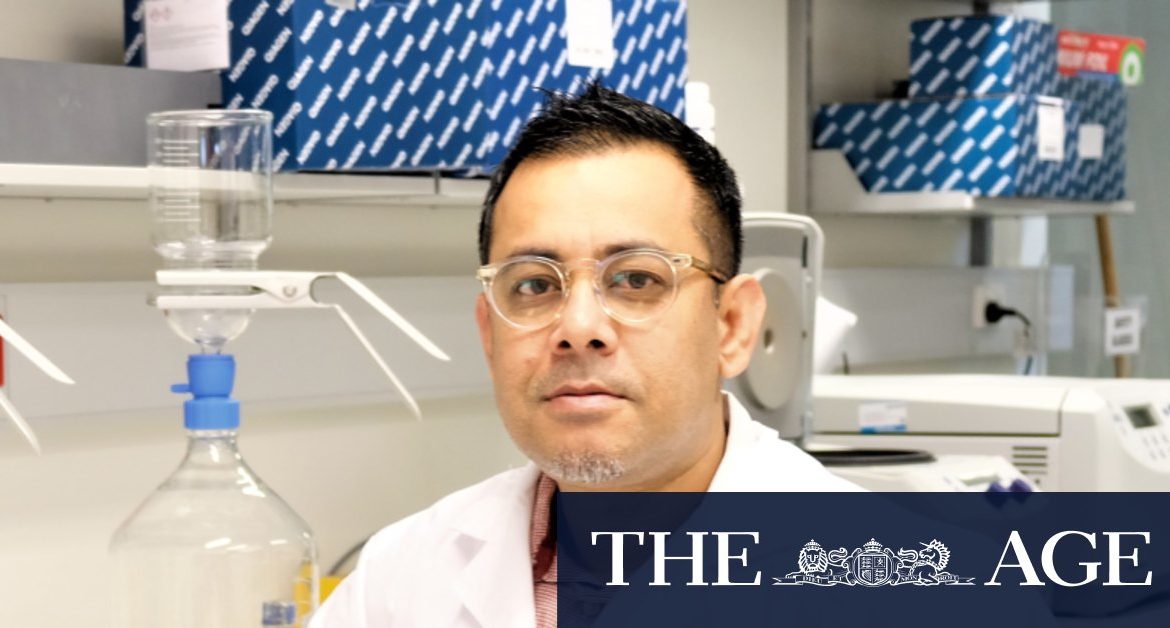“This is the first time we’ve looked at retroactive samples,” Dr Ahmed said. “The samples had been taken by our colleagues at UQ as part of the drug monitoring program, and we accessed those.
“We found positive results in samples taken in February, and it was around three weeks later that the first positive cases started to be reported.”
In particular, a sample taken from a Brisbane South wastewater treatment plant in late February 2020 – up to three weeks before the first clinical case was reported – indicated a positive result.
Dr Ahmed said the published research was among the first in the world to show the long lead time between a positive test result and cases showing up in the community.
But he warned that it was not a “holy grail”. He did, however, say it could be a key part of combined measures to manage the pandemic into the future, especially before vaccines are widely available.
“We’ve done a lot of refinement of our testing methods since earlier this year, and we believe it is really sensitive now,” he said.
Loading
“This should be used in connection with clinical testing – they go hand in hand. If you combine these methods, they become a really powerful tool.”
CSIRO chief executive Dr Larry Marshall said the research reinforces the fact that wastewater testing can be a true early-warning system for COVID-19.
“Australians want to do the right thing, but this solution from science detects the disease before people feel the symptoms, so we can out-think and outmanoeuvre this insidious virus,” Dr Marshall said.
The research follows a number of positive tests in parts of regional Queensland over the past few weeks, most recently two within two weeks in Cairns.
Health authorities believe the Cairns positives were the result of people in hotel quarantine, but they also set up extra testing centres and urged locals with any symptoms to get tested.
There were no further confirmed cases.
The testing method involves finding genetic fragments of the virus, which are passed through faeces into the sewerage system, then amplifying them for confirmation.
People who have COVID-19 can take days, or even weeks, to display symptoms, and in some cases, they are asymptomatic, meaning they never display symptoms but can still pass the virus to others.
Although people shed the virus into the wastewater system, scientists stress that there is no risk of catching COVID-19 through drinking water, as that is thoroughly treated before it is sent to homes.
The research has been published in the journal Science of The Total Environment.
Stuart Layt covers health, science and technology for the Brisbane Times. He was formerly the Queensland political reporter for AAP.
Most Viewed in National
Loading







